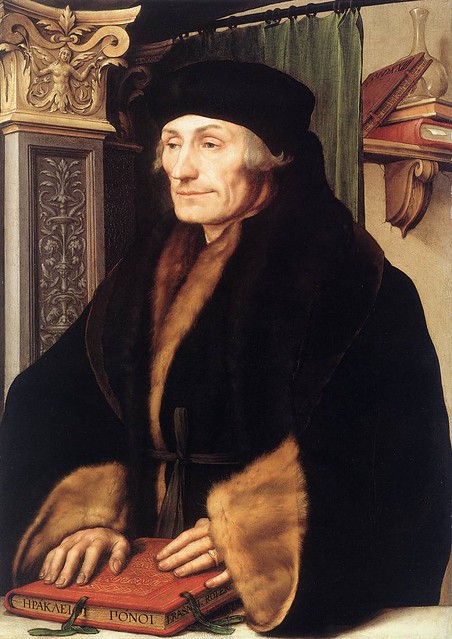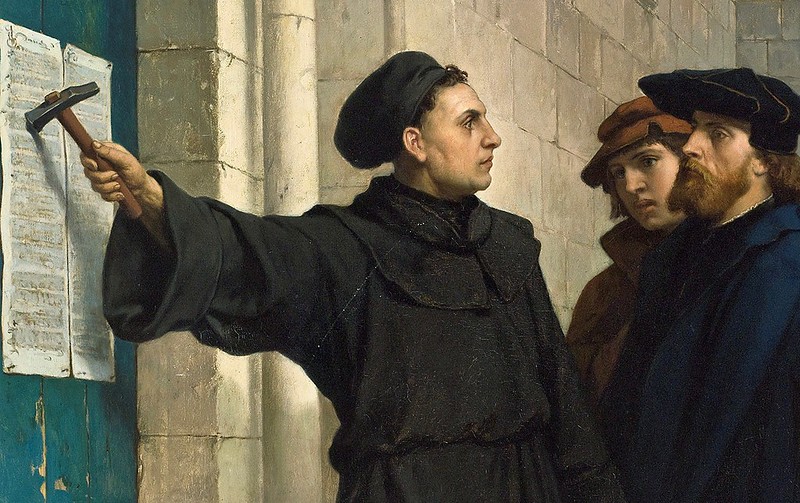The Middle Way of Erasmus

The Middle Way of Erasmus
Brian Zahnd
Ever since becoming familiar with the Renaissance theologian and Christian humanist Erasmus of Rotterdam (1466–1536) some ten or twelve years ago, I have often wished that Erasmus could have won the day during the theological tumults of the 16th century. By which I mean, I wish that the Renaissance-era Church in the West could have experienced reform without the divorce and subsequent Protestant fragmentation. (Recently I wrote some thoughts on the Reformation in a piece I called “Beyond the Wittenberg Door.”)
This month Ron Dart published a collection of essays on Erasmus under the title Erasmus: Wild Bird. Ron Dart is a Canadian professor, scholar, and theologian with considerable expertise in Church History, Patristics, George Grant, and Thomas Merton. Dart has written 35 books and is an accomplished mountaineer. He’s also a personal friend and there are few people for whom I have as much respect as I do Ron Dart. He is an inspiring example of a wise and contemplative academic.
In his latest book Dart asks, “What would the Christian Church be like today if the guidance and wisdom of Erasmus in the early 16th century had been followed rather than the reactionary Protestant thinking of Luther or Calvin or the equally brittle response of the Roman Catholic stance at the Treaty of Trent?” Throughout this collection of essays Dart makes these points about Erasmus:
Read more
